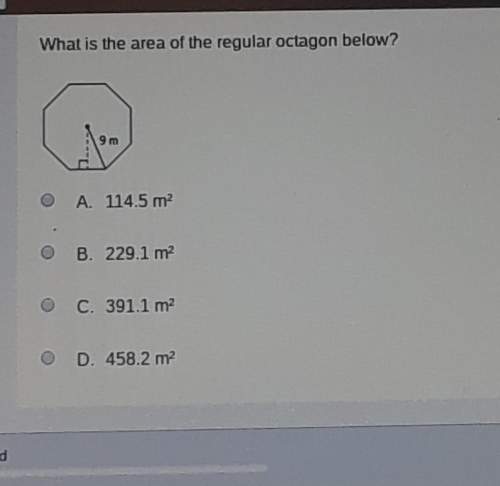
Mathematics, 17.02.2021 14:10, ruslffdr
Given six digits 1, 2, 3, 4, 5 and 6.
a) Determine the number of four-digit numbers that can be formed using the digits given
if no repetition is allowed.
b) How many four-digit numbers greater than 4,000 can be formed using the digits given
without repetition?

Answers: 3
Other questions on the subject: Mathematics


Mathematics, 21.06.2019 23:00, eduardoma2902
Solve for x: 5/3 x = 20/21 it's fraction. remember to simplify your fraction
Answers: 2

Mathematics, 22.06.2019 00:30, qqbear4555
(c) a vine called the mile-a-minute weed is known for growing at a very fast rate. it can grow up to 0.5 ft per day. how fast in inches per hour can the mile-a-minute weed grow up to? show your work using the correct conversion factors.
Answers: 1

Mathematics, 22.06.2019 01:10, abadir2008
Given: ae ≅ ce ; de ≅ be prove: abcd is a parallelogram. we have that ab || dc. by a similar argument used to prove that △aeb ≅ △ced, we can show that △ ≅ △ceb by. so, ∠cad ≅ ∠ by cpctc. therefore, ad || bc by the converse of the theorem. since both pair of opposite sides are parallel, quadrilateral abcd is a parallelogram.
Answers: 3
Do you know the correct answer?
Given six digits 1, 2, 3, 4, 5 and 6.
a) Determine the number of four-digit numbers that can be for...
Questions in other subjects:





Social Studies, 05.02.2021 18:30




Mathematics, 05.02.2021 18:30







